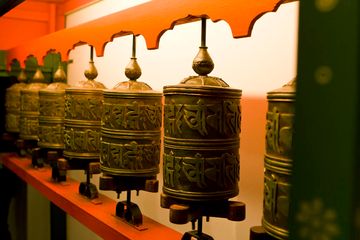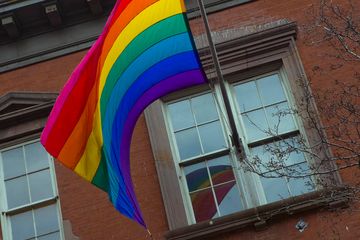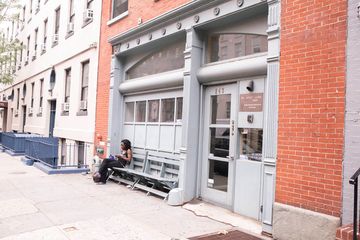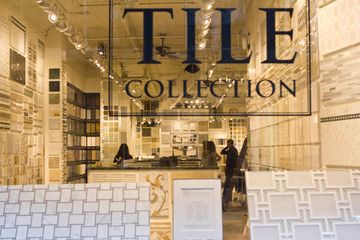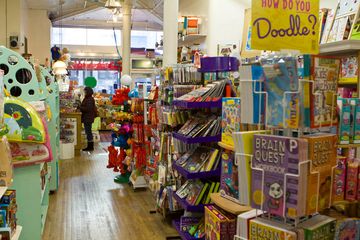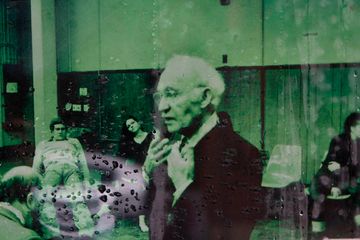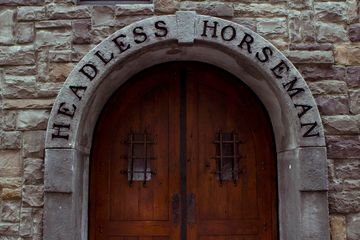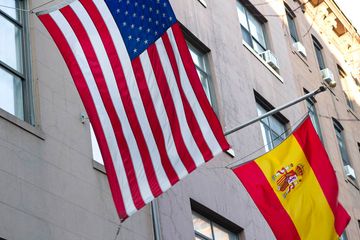In the mid-twentieth century, Tibet — which is devoted to Buddhist practices and is led by the Dalai Lama — was invaded by the Chinese People’s Liberation Army, sparking a decades-long dispute over Tibetan sovereignty. China’s Communist Party has since destroyed vital elements of Tibetan culture, including over 6, 000 monasteries. With so many cultural centers demolished by the Chinese forces, the rich, centuries-old Tibetan way of life risks extinction. For this reason, the fourteenth Dalai Lama asked to establish Tibet House U. S. to preserve the heritage of his people. Thus, the intriguing institution was founded by prominent American Buddhists: composer Philip Glass, author Robert Thurman, and actor Richard Gere. Since the 1990s, Executive Director Ganden Thurman has dedicated himself to Tibet House U. S. ’ mission of protecting and presenting Tibetan culture to society at large. Having spent time in India as a child while his father — a professor of Buddhist studies — did research, Thurman came to appreciate the “poise, humility, and perspective” of the Tibetan lamas and academics who frequented his family’s home. Though he considers himself more secular than religious, he clarified that Tibet House is neither a political nor religious organization. However, there are often times when they find themselves engaged in conversation on such topics. Through art exhibitions, lectures on subjects including medicine and mind sciences, and classes such as “Developing Compassion” that fuse Buddhist practices with Western psychology, Tibet House allows visitors to draw their own conclusions. With its library and permanent installation of Tibetan artifacts — open regularly to the public — this precious museum safe-guards the culture of the region within its walls. Since members of Tibet House are considered too political to attain travel visas by the Chinese authorities, the House does not have the ability to source artworks on its own. Instead, generous collectors donate the majority of the pieces on display. According to Thurman, such artists and art aficionados are the House's greatest supporters, as they tend to feel a personal connection to the fight for freedom of expression. This collaboration was evidenced by the prints we observed of the current Dalai Lama, donated by Richard Avedon, hanging above a printer, and musician Philip Glass' name listed on the roster of the Executive Officers. Thurman revealed to us that during the course of the Tibet-China conflict, over 100 Tibet nationals have resorted to self-immolation in order to catch the world’s attention and direct it towards their struggle. They are desperate to be seen - and through its efforts Tibet House US is providing them the right to be present in the narrative of world heritage.
